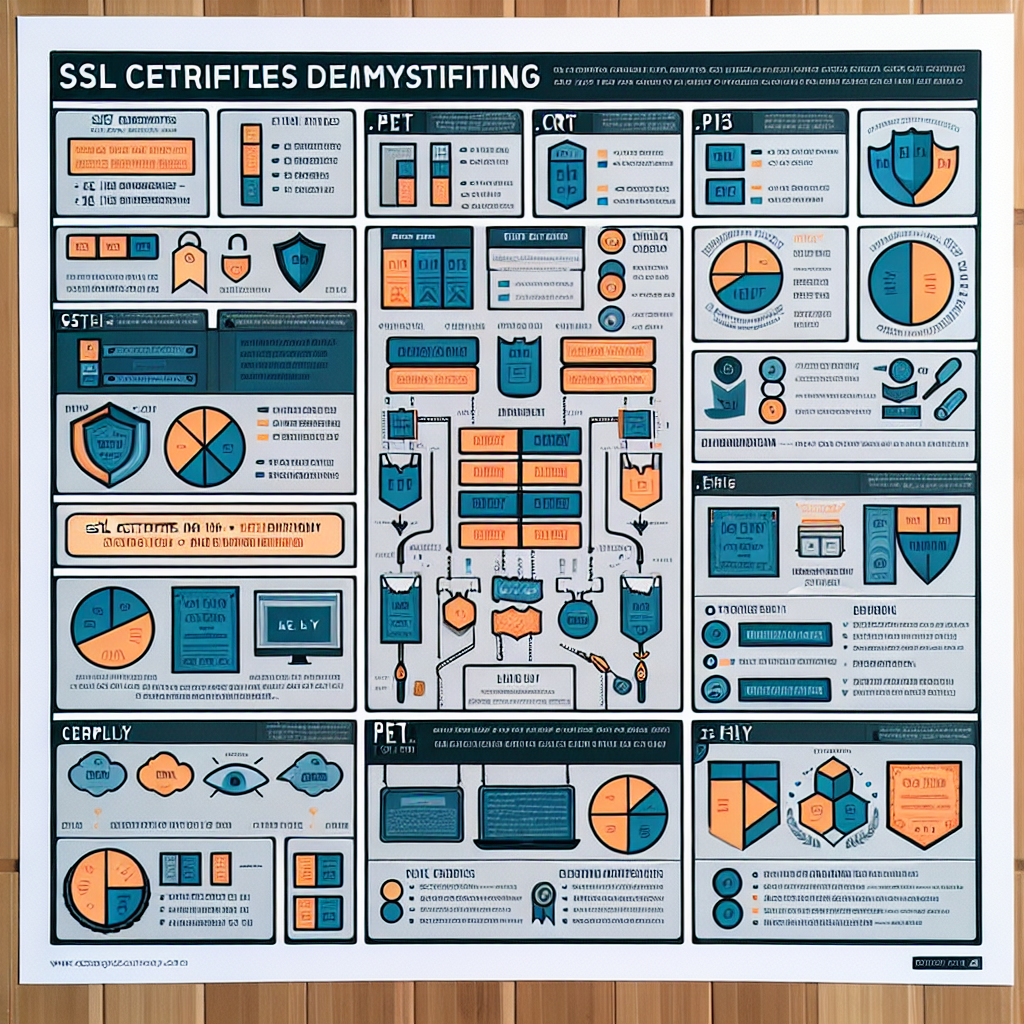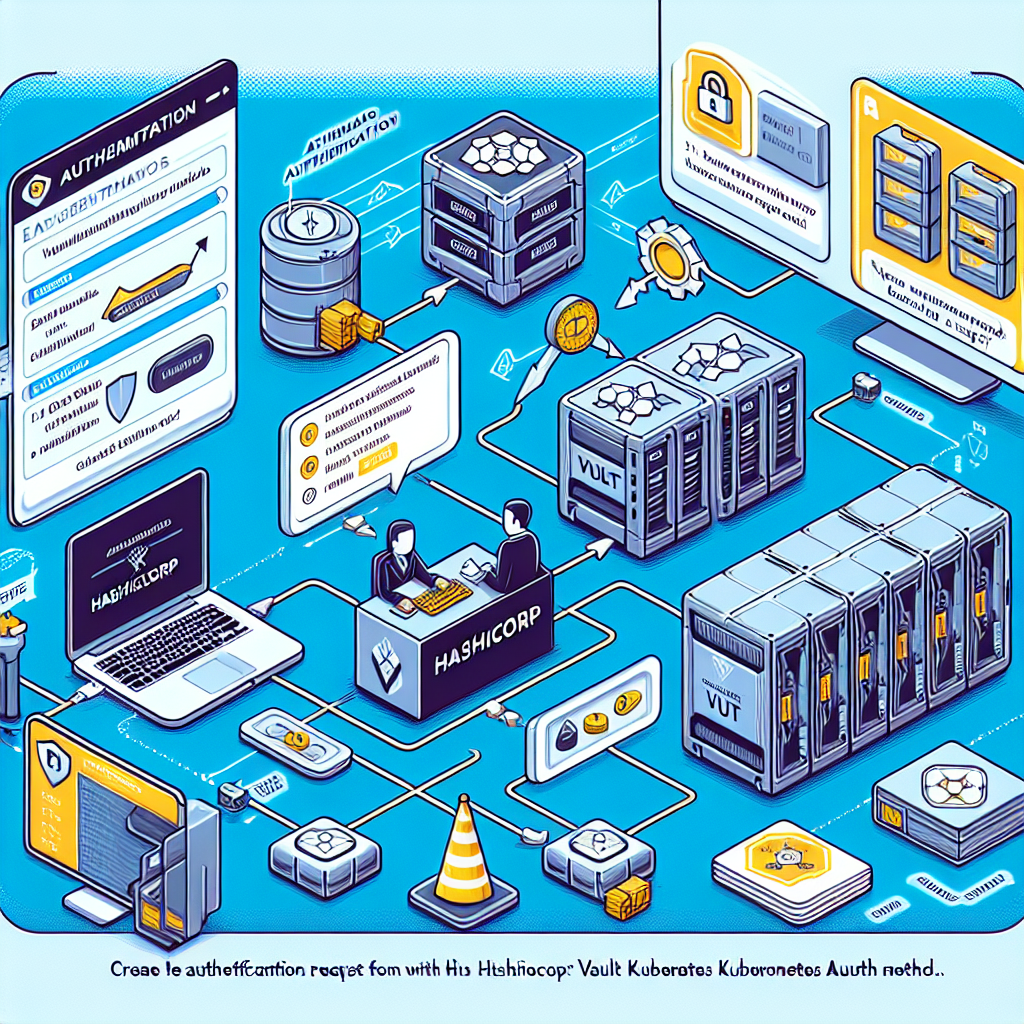Kubernetes Operator - Simplify, Automate, and Enhance Your Deployments

Kubernetes has revolutionized the way we deploy and manage applications in modern cloud environments. As applications become more complex, managing their deployments can become a challenging task. To address this, the Kubernetes Operator pattern emerges as a powerful solution. In this blog post, we'll explore the benefits of using the Operator pattern and how it simplifies and enhances the deployment process.
Understanding the Operator Pattern
The operator pattern aims to capture the key aim of a human operator who is managing a service or set of services. At its core, a Kubernetes Operator is an extension of the Kubernetes API that acts as a controller, managing complex applications and services. It encapsulates deployment logic and domain-specific knowledge, providing a more intuitive and Kubernetes-native way to manage applications.
Benefits of the Operator Pattern
1. Better Visibility
Operators expose installation controls using Custom Resource Definitions (CRDs) and Custom Resources (CRs). This approach enables administrators and developers to interact with the Operator directly using Kubernetes-native tools. The use of CRDs and CRs ensures better visibility and makes the deployment process more intuitive.
2. Automatic Pod Recycling on Configuration Changes
When you update the configuration of a Kubernetes Operator using CRs, the Operator can automatically trigger the necessary changes in the running pods. This process is known as "automatic pod recycling," and it guarantees that the changes take effect without manual intervention.
3. Reduction of Configuration Complexity
By utilizing CRs, Operators consolidate the configuration relevant to a specific application or service. This consolidation significantly reduces the number of places where configuration settings are scattered, making the deployment process more manageable and less error-prone.
4. Leverage Built-in Kubernetes Garbage Collection
Operators leverage Kubernetes' built-in garbage collection mechanism. When a CR is deleted, the Operator can be programmed to automatically trigger the deletion of owned objects, such as pods, services, or other resources, ensuring a clean and efficient resource management process.
5. Optional Continuous Reconciliation
One of the standout features of the Operator pattern is its ability to continuously maintain resources in their baseline state. Operators can be configured to watch for failures and automatically trigger redeployments when necessary. This reduces the need for manual interventions, ensuring that applications are always running in their desired state.
6. Active Monitoring and Aggregation of Instance Health and Status
Operators provide a holistic view of application health and status. They actively monitor the application instances and aggregate relevant data to provide real-time insights into the system's health. This enables faster detection of issues and facilitates better decision-making during troubleshooting.
Conclusion
The Kubernetes Operator pattern is a game-changer when it comes to simplifying, automating, and enhancing the deployment process for complex applications. By encapsulating deployment logic and leveraging Kubernetes-native resources, Operators bring better visibility, reduce configuration complexity, and automate critical processes like pod recycling and garbage collection. Moreover, they facilitate continuous reconciliation and active monitoring, ensuring that your applications are always running smoothly.
As Kubernetes continues to be the leading container orchestration platform, mastering the Operator pattern becomes indispensable for organizations looking to optimize their deployments and efficiently manage modern applications. Embracing the Operator pattern empowers teams to achieve greater operational efficiency, improve reliability, and focus more on delivering value to their end-users. So, take a step forward and start exploring the incredible possibilities that the Kubernetes Operator pattern has to offer!


